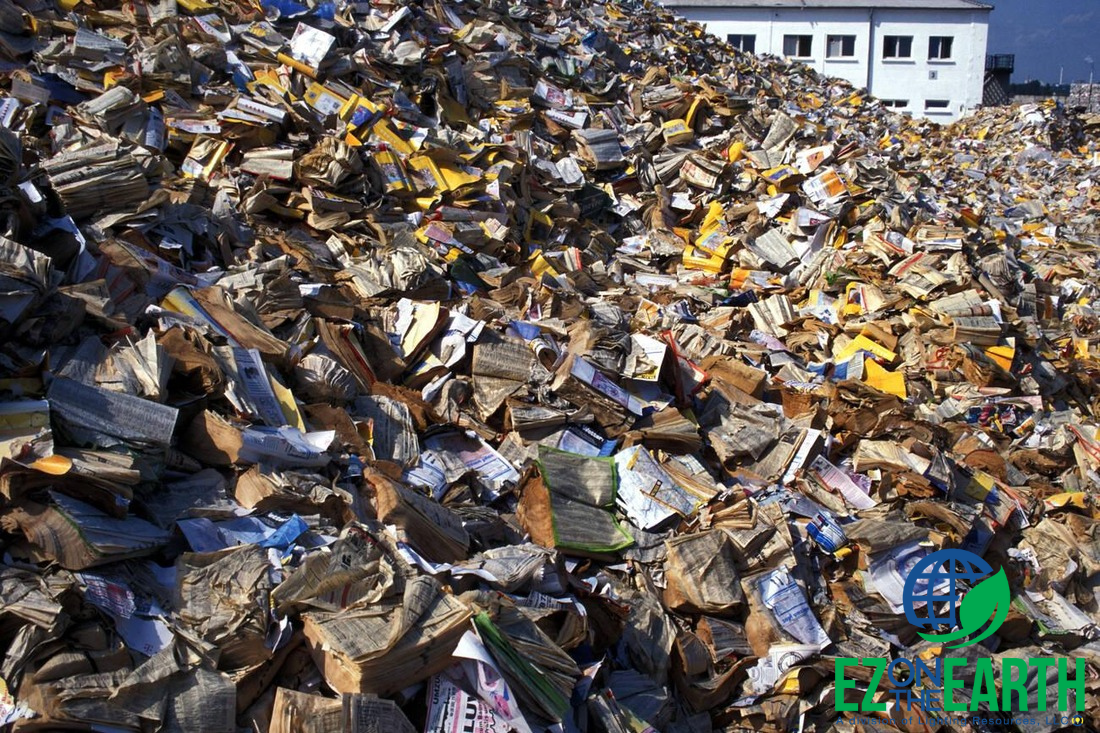Yes, magazines can be recycled. However, recycling might be a little bit more complex than that for other types of paper products. This is mainly because magazines contain glossy paper with a thin layer of plastic or other materials on top, which delays the recycling process. Still, most recycling centers will accept magazines as they can process and manufacture new paper products from them. The big role here is to prepare material in the right way so as to be recycled and get clear on what your locality requests in a recycling program.
Magazines have been a basic source of information and entertainment for a long time. They have a lot of inherent value not only in their content but also in physical properties, which often generates questions about their recyclability. In the modern conscious world, recycling represents an increasingly important activity; nonetheless, many people are skeptical about whether magazines can, in fact, be recycled rightly. This article explores the recyclability of magazines, appropriate recycling techniques, and the wider environmental implications of magazine recycling.
Why Magazines Are Recyclable
Most of the magazines are made from paper, so there is practically no situation where they cannot be recycled. However, most magazines contain plastic in their coating, preventing them from being easily recycled. Nonetheless, the remaining part that consists of paper can be used to recycle it.
The thin glossy coating accounts for the recyclability of magazines, which is separable in most recycling procedures. In some cases, de-inking and pulping is done on the magazine before it is re-manufactured into new paper products. This makes recycling of magazines not only possible but also profitable by reducing the demand for virgin paper products.
Steps to Follow for Magazine Recycling
If you’re wondering how to properly recycle your magazines, here are the simple steps you need to follow:
-
Check the Recycling Guidelines
Before tossing your magazines into the recycling bin, make sure that your local recycling program accepts them. Some programs have restrictions on glossy or coated paper, so it’s essential to confirm that magazines are acceptable. -
Remove Inserts and Non-Paper Materials
Magazines often come with additional materials like advertisements, plastic covers, or perfume samples. These materials should be removed before recycling the magazine. The presence of plastic, metal, or other non-paper materials can hinder the recycling process. -
Sort Magazines by Material
If possible, separate magazines from other types of paper products. This will help streamline the recycling process and ensure that your magazines are treated correctly. In some regions, magazines may be handled differently than regular paper, so sorting is crucial. -
Check for Special Coatings
Some magazines have special coatings that are more difficult to recycle, like metallic or foil finishes. If you’re unsure about whether the magazine can be recycled, it’s best to check with your local recycling center. Many centers accept these items, but it’s important to verify. -
Place in the Correct Bin
Once you’ve removed all the non-paper materials, place your magazines in the appropriate recycling bin. Most curbside recycling programs accept magazines as part of their mixed paper collection. Make sure to flatten magazines to save space in your bin. -
Don’t Recycle Wet Magazines
Magazines should be dry when placed in the recycling bin. Wet magazines are difficult to process and can contaminate the rest of your recyclable materials. Make sure your magazines are dry before recycling.
Benefits of Recycling Magazines
Recycling magazines has several key benefits that make it an important activity for both individuals and the environment.
-
Conserves Natural Resources
By recycling magazines, we can reduce the need for virgin materials to produce new paper products. This helps conserve natural resources like trees, water, and energy. -
Reduces Waste
Magazines that are not recycled will typically end up in a landfill, where they will take up valuable space and potentially release harmful chemicals into the environment. Recycling magazines reduces the overall amount of waste. -
Saves Energy
The energy required to produce new paper products from virgin materials is much higher than that used to make recycled paper. By recycling magazines, we help lower energy consumption and reduce the carbon footprint of paper production. -
Promotes Sustainability
Recycling magazines helps to create a more sustainable world. It allows us to reuse the materials we already have, minimizing the need for new resources. This is vital for long-term environmental health. -
Supports the Economy
The recycling industry provides jobs and contributes to the economy by generating revenue from recyclable materials. By recycling magazines, you are helping support local recycling programs and the larger green economy.
Environmental Impact of Magazine Recycling
This impacts the environment in a major way, owing to its contribution in the eradication of deforestation, reduced consumption of water and energy in the processes of paper making, and giving a lower amount of greenhouse gas emissions during the paper-making process. The other side of magazine recycling is preventing the landfill material, which will decompose only after thousands of years.
The Bottom Line
Recycling is one of the simplest ways through which we can cut down our carbon footprint in the environment. It is something each of us can do to make a healthier earth. We are saving natural resources, preventing waste, and reducing energy usage through recycling stuff like magazines. Sustainability champions like EZ ON The Earth act as giving companies and individuals a place in the sustainable fray. Every little bit counts, and together, we can change for a greener and a better tomorrow.
Always check up on local guidelines on recycling and make time to properly prepare those magazines for recycling. Of course, it does a lot for the environment and to a better "circular economy" that would make materials reused and go on to create a product. So, indeed magazines are recyclable. A little effort on our part will make sure magazines will be recycled properly and as intended.

